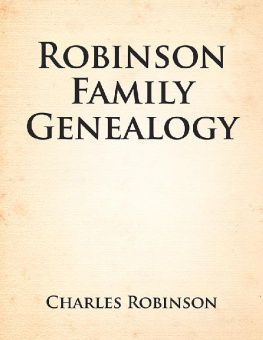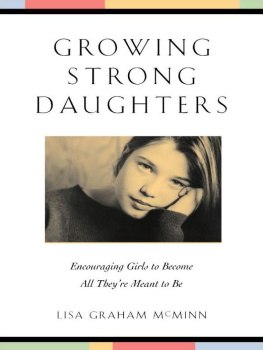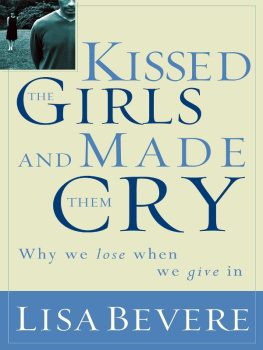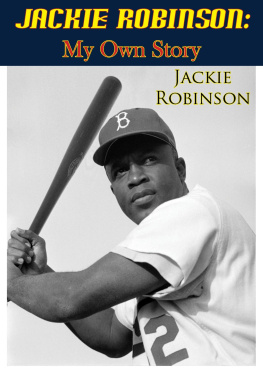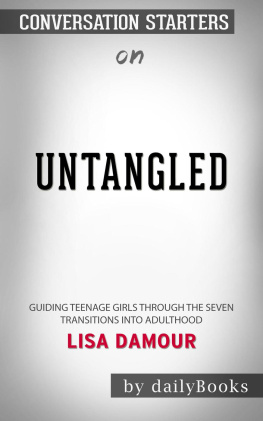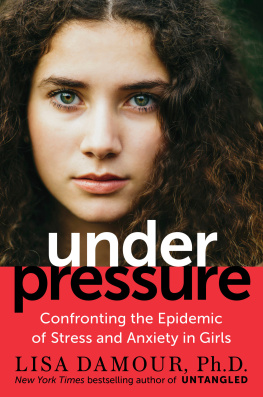Lisa Robinson - Nobody Ever Asked Me about the Girls
Here you can read online Lisa Robinson - Nobody Ever Asked Me about the Girls full text of the book (entire story) in english for free. Download pdf and epub, get meaning, cover and reviews about this ebook. publisher: Henry Holt and Co., genre: Non-fiction. Description of the work, (preface) as well as reviews are available. Best literature library LitArk.com created for fans of good reading and offers a wide selection of genres:
Romance novel
Science fiction
Adventure
Detective
Science
History
Home and family
Prose
Art
Politics
Computer
Non-fiction
Religion
Business
Children
Humor
Choose a favorite category and find really read worthwhile books. Enjoy immersion in the world of imagination, feel the emotions of the characters or learn something new for yourself, make an fascinating discovery.

- Book:Nobody Ever Asked Me about the Girls
- Author:
- Publisher:Henry Holt and Co.
- Genre:
- Rating:3 / 5
- Favourites:Add to favourites
- Your mark:
- 60
- 1
- 2
- 3
- 4
- 5
Nobody Ever Asked Me about the Girls: summary, description and annotation
We offer to read an annotation, description, summary or preface (depends on what the author of the book "Nobody Ever Asked Me about the Girls" wrote himself). If you haven't found the necessary information about the book — write in the comments, we will try to find it.
Nobody Ever Asked Me about the Girls — read online for free the complete book (whole text) full work
Below is the text of the book, divided by pages. System saving the place of the last page read, allows you to conveniently read the book "Nobody Ever Asked Me about the Girls" online for free, without having to search again every time where you left off. Put a bookmark, and you can go to the page where you finished reading at any time.
Font size:
Interval:
Bookmark:
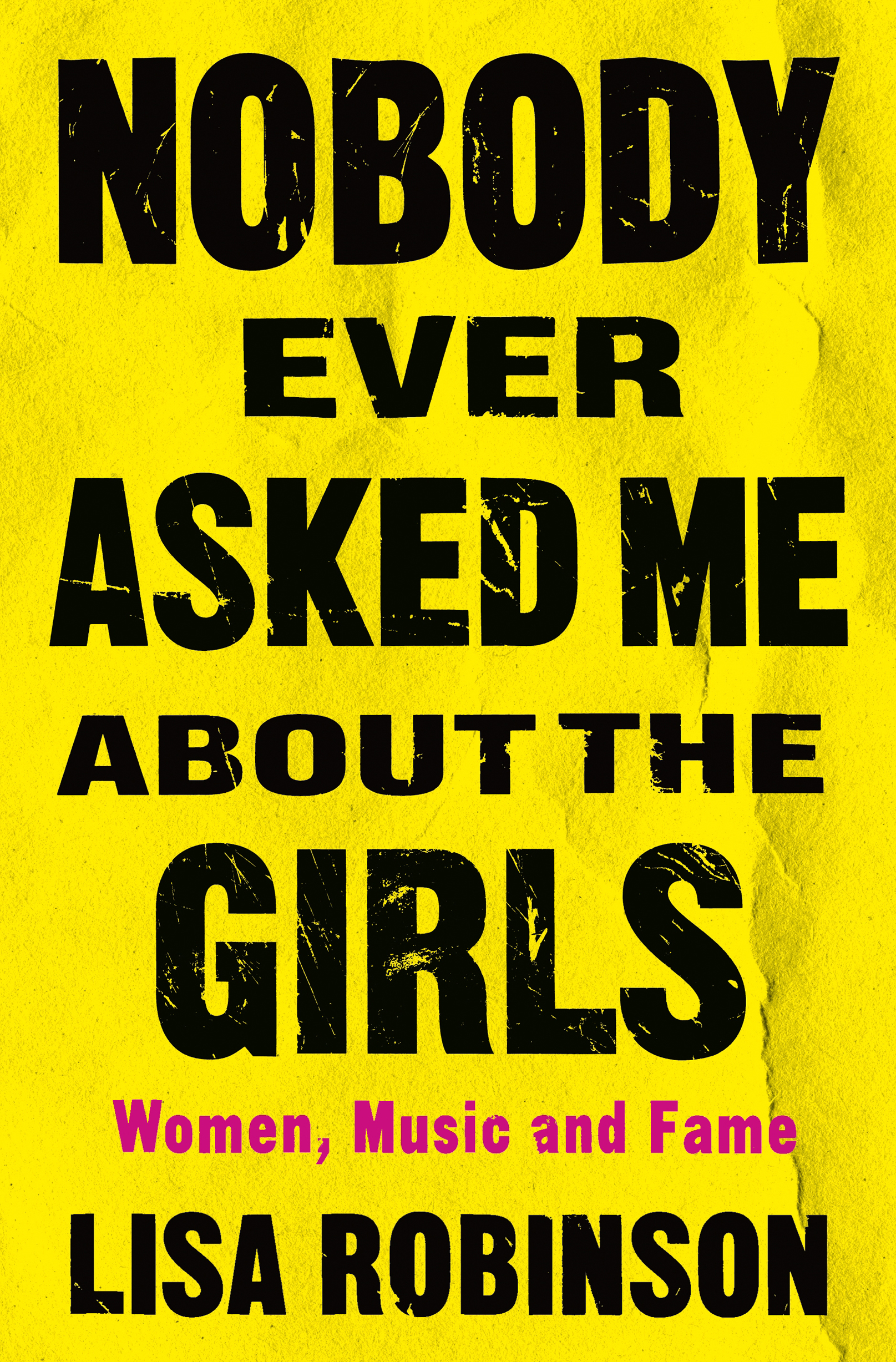

The author and publisher have provided this e-book to you for your personal use only. You may not make this e-book publicly available in any way. Copyright infringement is against the law. If you believe the copy of this e-book you are reading infringes on the authors copyright, please notify the publisher at: us.macmillanusa.com/piracy.
For Deane Zimmerman
Nobody ever asked me about the girls.
Until now.
Over my four-decade career interviewing and writing about musicians, I was most often asked what Mick Jagger or Michael Jackson or David Bowie or Jay-Z were really like.
For the most part, women were dismissed.
Women didnt really count in this world.
But with the recent domination of female starswhich seems to happen once a decadethis, to some degree, has changed.
In the more than one thousand interviews Ive done with women, Ive heard all their stories. The paths they took were different. The level of talent was different. Their luck was different. The effects of success or failure on their lives was different. But their goals and struggles were often similar. To be heard. To be seen. To be loved. To be famous. To be rich was probably part of it, but no one really owns up to it. Not at first. If ever. These women had obsessions that were often limitless, hopes that were unrealistic and ambitions that might have been unachievable. Like all women, life has not been easy for the women in music.
Can I tell you how many lives Life magazine ruined? Bette Midler said to me in 2018 about the weekly picture magazine that was always in her houseand in millions of otherswhen she was a girl growing up in the 1950s in Hawaii. It was such a strong magazine. People who were out in the hinterlands were so caught up in it. It exposed you to a lot of things you did not know existed. Even if you went to the movies, you knew it was a moviethey were actors. In Life magazine, those were real people in wonderful clothes and wonderful cars, living fabulous lives and you thought, Wow, what am I doing in this backwater?
Bette Midler was sitting in her fabulous New York apartment with spectacular views of Central Park. We were sipping champagne. She had just come back from some fabulous vacation somewhere in Europe, and she was preparing to do forty-two more shows on Broadway in Hello, Dolly!, following her starring, sellout, Tony Award winning performance the year before. Bette and I have known each other since the 1970s, when she first got major attention singing in the gay baths in New York Citys Ansonia Hotel basement. Without question, considering the longevity of her career, her continued popularity and success, and everything shes been throughunderground theater on the Lower East Side, cabaret, a Broadway chorus, the music business, the movie business, back to Broadwayshes handled fame and success better than anyone Ive interviewed in over four decades. It never went to my head, she said. If it had gone to my head, I would have been either a drug addict or dead by now. Or something terrible would have happened. I said to myself, This is how it is, I know Im well known, its in the back of my mind and I tamp it down because I think its unhealthy. I never let it go to my head, never.
As Bette and I continued our talk that summer day, I remarked that she isnt at all showy: she doesnt flaunt houses, cars, jewelry. None of the material trappings of success that so many female starsor just rich people in generalparade all over Instagram. Why would I? she said. Why make people feel bad or angry or jealous that they dont have what you have? Its like Life magazine. And now, its like Life magazine times 150,000. Bette told me she wanted to get out of her childhood hometown in Hawaii, because she knew she had a talent, and she was poor, and she didnt want to be poor. She didnt want to be famous, she said, she didnt even want to be richshe just didnt want to be poor. I was poor for a long time, she said. For nineteen years. I shoplifted, I filched money from my mother, I walked two and a half miles to school and two and a half miles back because we didnt have fifteen cents for the bus. I would watch The Ed Sullivan Show or other TV variety shows and I would think, I can do that. And they all looked like they were having so much fun. Thats what they were selling. Who knew?
But, she continued, real life is real. And when you get caught up in the fantasy of it, it takes yearsyears and yearsto realize that youve been had. And thats big. To realize that you fell for something thats incorrect, thats a lie. It took me fifty years to realize it.
At 9 years old, Joni Mitchell had polio, and because of the effects of the disease on her hands, she eventually had to figure out her own weird guitar tunings. She had a baby, gave it up for adoption, and sang in coffeehouses in her native Canada and in New York City, until she was discovered in a Greenwich Village folk club by Byrds guitarist (and later Crosby, Stills and Nashs) David Crosby.
Donna Summer sang in her Boston church and performed in school musicals. She left Boston for New York City, joined a rock band, then got a job in the German production of the rock musical Hair. She sang background vocals for producer Giorgio Moroder in Munich until he convinced her, as a joke, to sing the orgasmic vocals of Love to Love You Baby.
As a teenager, Sheryl Crow was an athlete, a majorette, a member of the Pep Club and a winner of the Paperdoll Queen beauty contest. She was a music teacher before she got into her car by herself to drive from her native Missouri to Los Angeles, where she started a career that began by singing background vocals for Michael Jackson.
Courtney Love was expelled from school, put in foster care, and was legally emancipated at 16. She was a topless dancer in Portland, a stripper in Los Angeles, and a founding member of several bands in the Pacific Northwest before forming Hole in 1989.
Raised in Kansas, Janelle Mone worked as a maid in order to get to New York City to learn how to act, how to perform. It was in my DNA, she said. This is why Im here. I developed myself behind closed doors before anybody knew me.
Growing up in Queens, New York, Cyndi Lauper said shed do anything to get noticed. She said she always felt like an outcast, but it was what made her feel like an artist.
Years before she was discovered singing in a California coffeehouse, Jewel sang as a child at open mic nights in Alaska with her father, lived in a van with her mother, washed her hair in Kmart sinks and lived on food stamps.
Cher had so little money as a child of divorced parents that she tied rubber bands around her shoes to hold them together. After she acted, directed and choreographed school plays when she was 9 years old, she knew she wanted to be famous, and ultimately went to Los Angeles Sunset Strip to introduce herself to anyone and everyone she thought could give her a break.
Debbie Harry was born in Miami, moved to Hawthorne, New Jersey, with her adoptive parents, then moved to New York City. She worked as a go-go dancer, a waitress at Maxs Kansas City and a Playboy bunny before joining several bands, and then, with her partner Chris Stein, formed Blondiewhich they thought of as a pop art project.
Janet Jackson initially wanted to be a racehorse jockey or an entertainment lawyer, but she didnt have a chance in the family that spawned the Jackson 5, and was eventually pushed into showbiz by her father, Joseph Jackson.
Font size:
Interval:
Bookmark:
Similar books «Nobody Ever Asked Me about the Girls»
Look at similar books to Nobody Ever Asked Me about the Girls. We have selected literature similar in name and meaning in the hope of providing readers with more options to find new, interesting, not yet read works.
Discussion, reviews of the book Nobody Ever Asked Me about the Girls and just readers' own opinions. Leave your comments, write what you think about the work, its meaning or the main characters. Specify what exactly you liked and what you didn't like, and why you think so.

